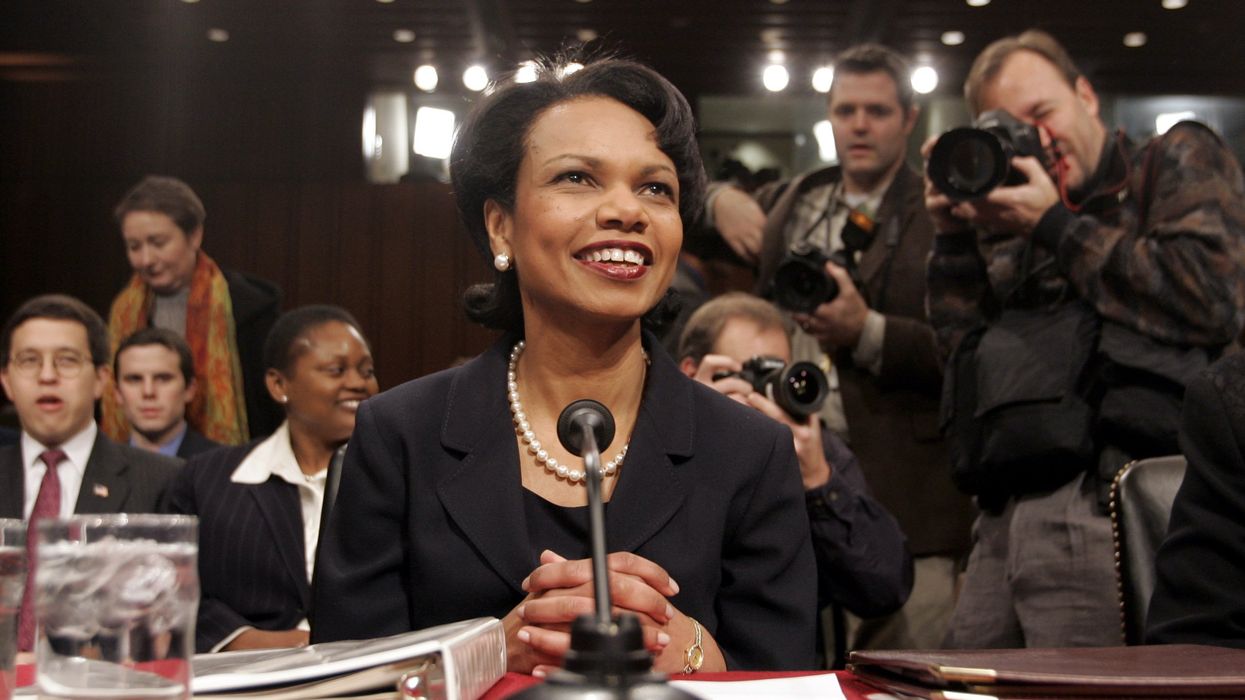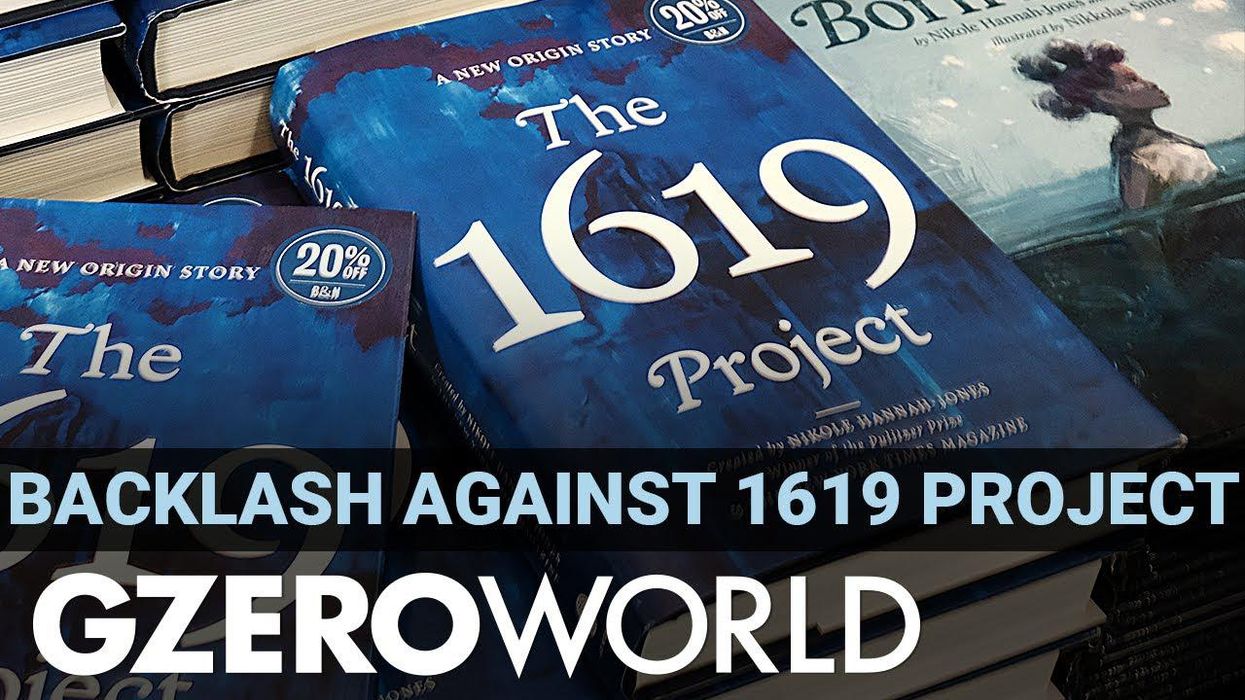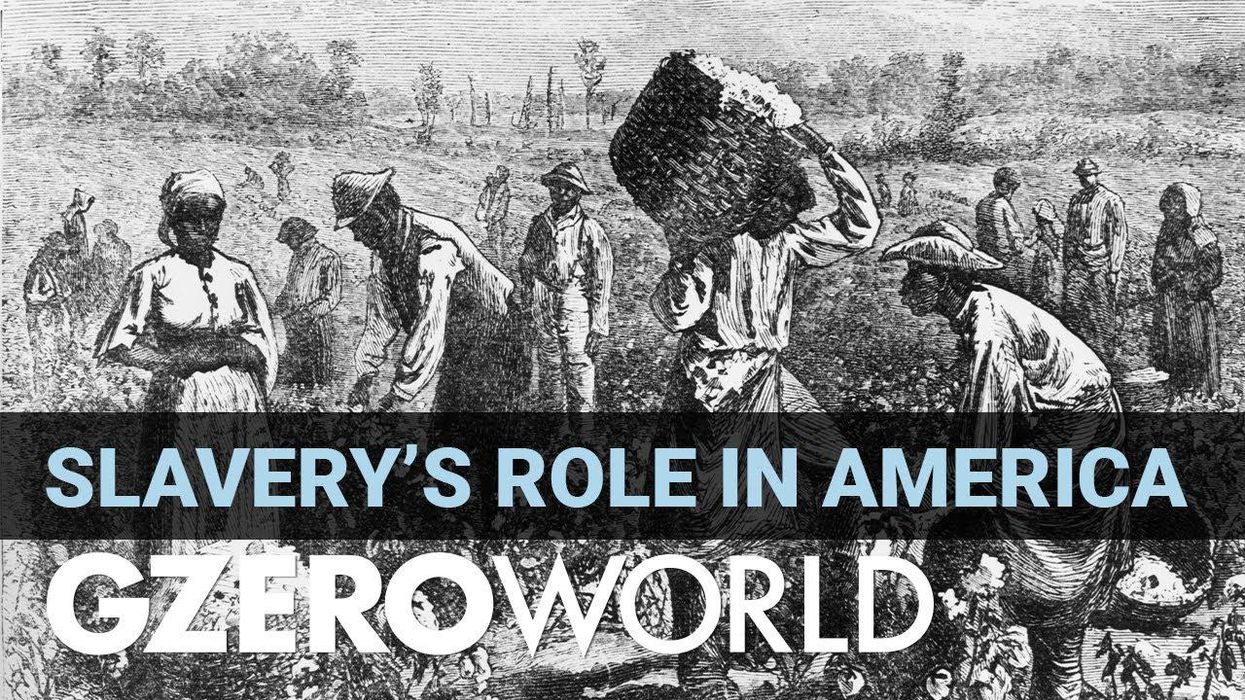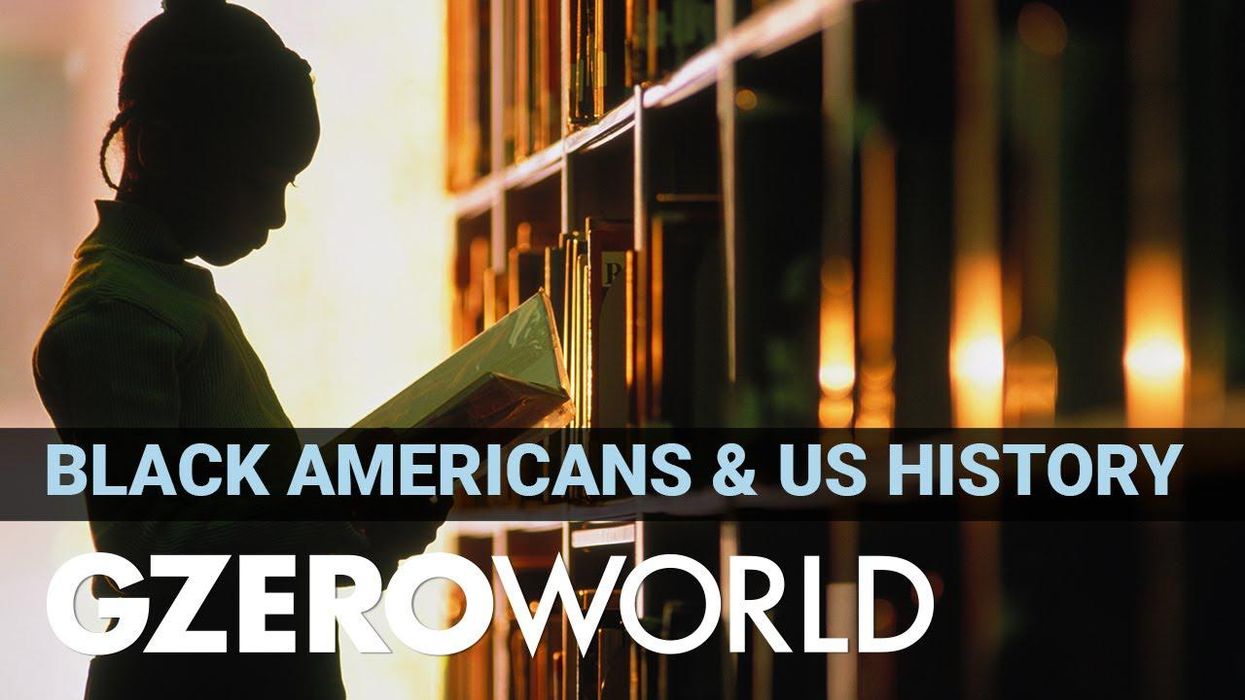Analysis
Pioneering Black American leaders in US foreign policy
Who exactly are the people representing America to the world? Chances are they’re “pale, male, and Yale”, as the saying goes. However, some Black diplomats — like UN Ambassador Linda Thomas Greenfield — have broken this racial ceiling and helped reimagine what an American envoy can be. Her predecessors, through the sweep of US history, encountered discrimination and racism both domestically and abroad and left an indelible mark on US foreign policy. To mark the end of Black History Month, GZERO highlights the stories of a select few.
Feb 28, 2024






